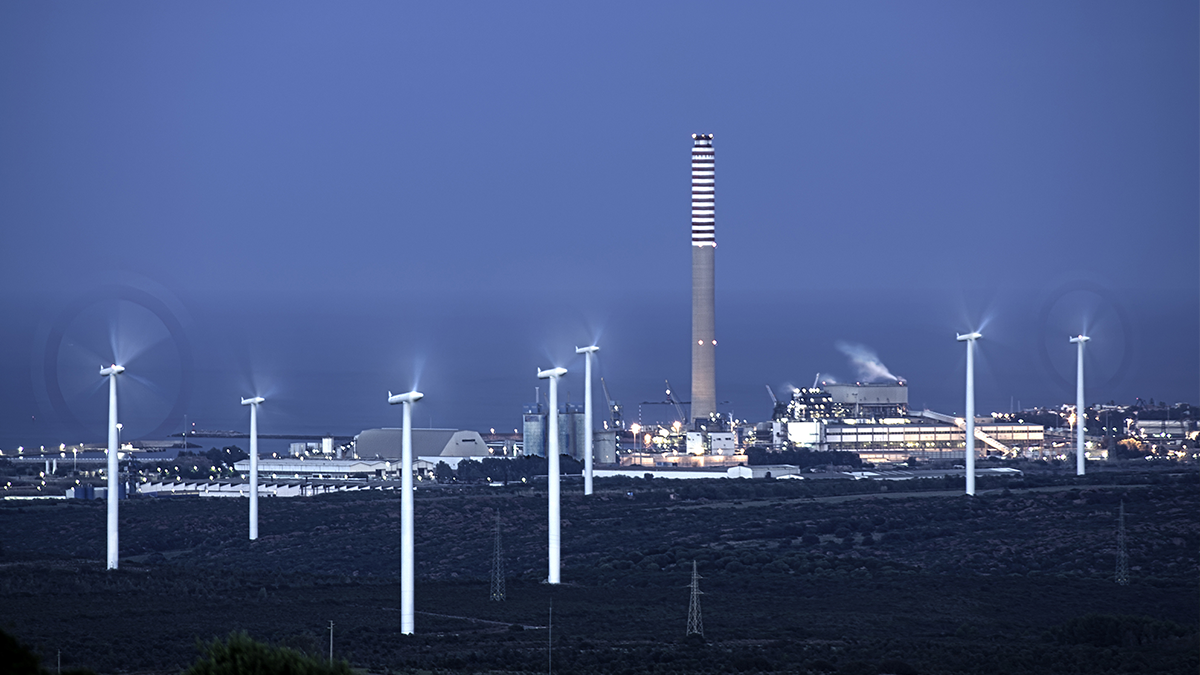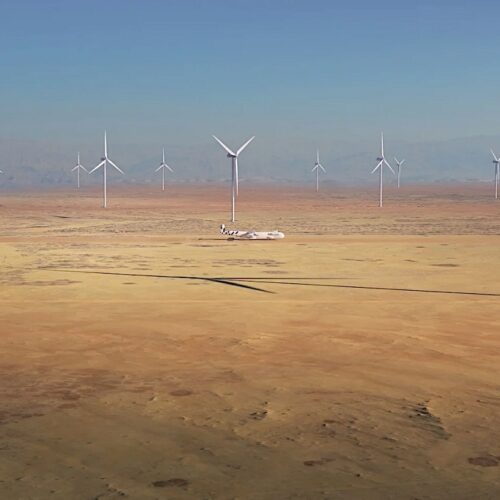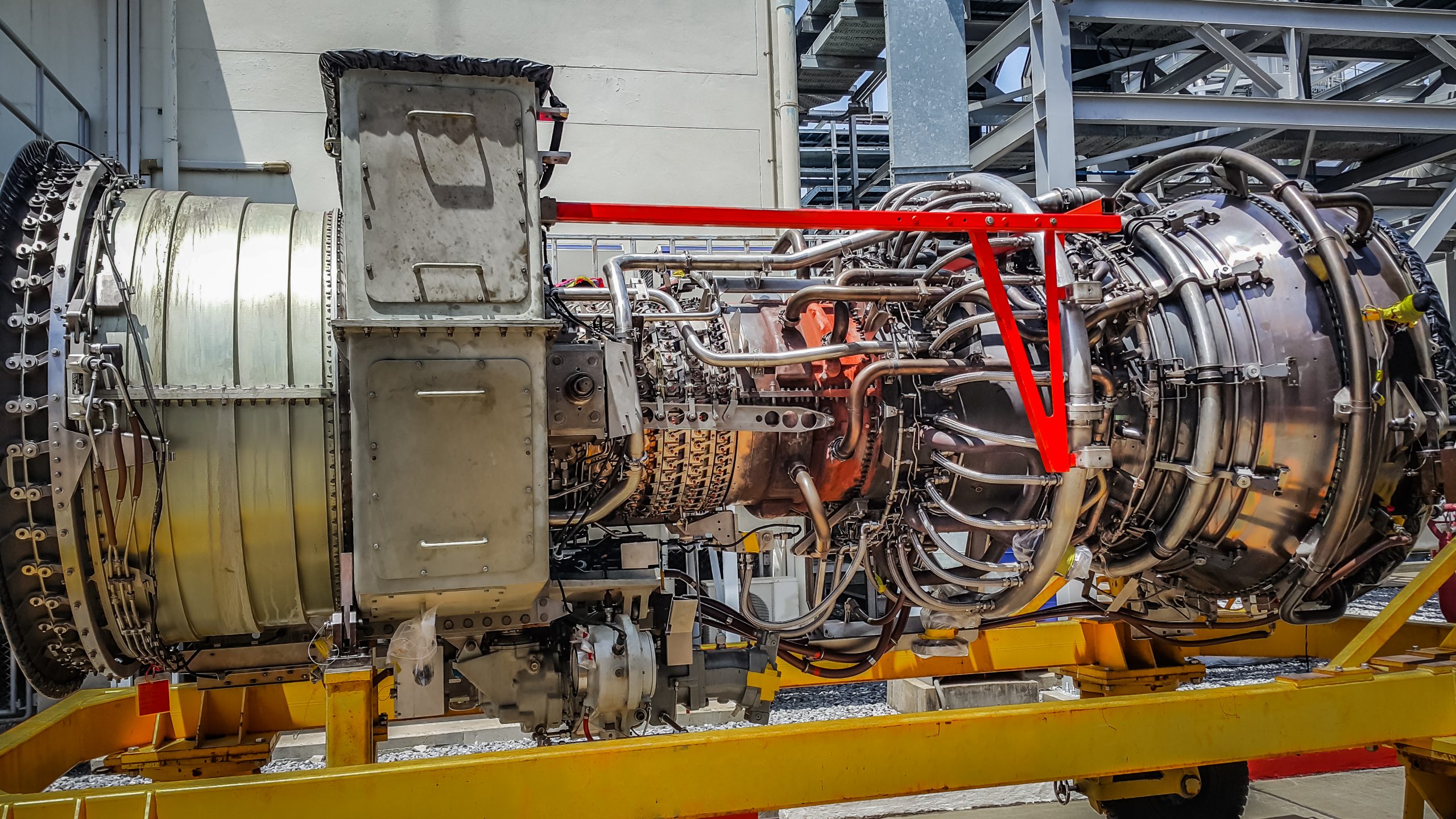Wind power is a rapidly growing source of clean, renewable energy that offers a range of economic benefits. From the creation of jobs to the reduction of energy costs, wind power is playing an increasingly important role in driving economic growth and development.
Job Creation
One of the most significant economic benefits of wind power is the creation of jobs. The wind energy industry is a major employer, with jobs ranging from manufacturing and construction to maintenance and operation. According to the American Wind Energy Association (AWEA), the wind energy industry currently employs over 114,000 people in the United States alone.
The construction and installation of wind turbines is a labor-intensive process, creating jobs for engineers, electricians, and construction workers. Once a wind farm is built, it also requires ongoing maintenance and operation, providing jobs for technicians and operators.
In addition to the direct jobs created by the wind energy industry, there are also many indirect jobs created as a result of the increased economic activity generated by wind power. For example, the construction of a wind farm can create jobs in the manufacturing and transportation industries, as well as in local businesses that support the construction workers.
Cost Savings
Another important economic benefit of wind power is the reduction of energy costs. Wind power is a cost-competitive source of electricity, with the cost of wind energy continuing to decrease as technology improves and economies of scale are realized.
According to the U.S. Department of Energy, the cost of wind energy has decreased by over 90% since the 1980s. This cost decrease has made wind power increasingly attractive to utilities and businesses as a source of electricity.
In addition to the cost savings from wind power, there are also many other economic benefits associated with the use of renewable energy. For example, wind power does not produce emissions or pollutants, which can help to reduce healthcare costs associated with air pollution.
Furthermore, wind power can also help to reduce the costs associated with climate change, such as the costs of extreme weather events. By reducing greenhouse gas emissions and slowing the rate of climate change, wind power can help to mitigate these costs, providing additional economic benefits.
Conclusion
Wind power is a rapidly growing source of clean, renewable energy that offers a range of economic benefits. From the creation of jobs to the reduction of energy costs, wind power is playing an increasingly important role in driving economic growth and development.
As the wind energy industry continues to grow, it is expected to create even more jobs and generate even more economic activity. At the same time, the cost of wind energy is likely to continue to decrease, making it an increasingly cost-competitive source of electricity.
In conclusion, wind power is a valuable source of clean, renewable energy that can help to drive economic growth and development. By creating jobs and reducing energy costs, wind power is helping to build a more sustainable and prosperous future for us all.




